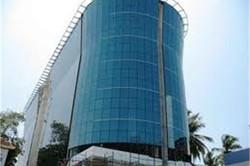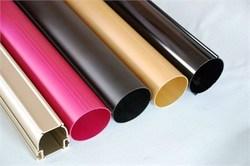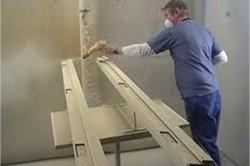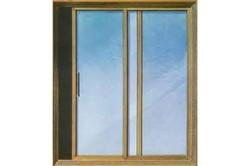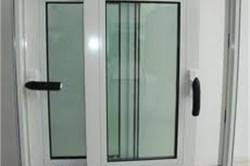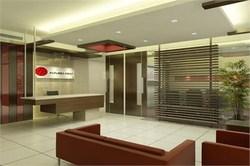Adish Aluminium
Product Range
Fact Sheet
- Location:Maharashtra, India
- Year of Establishment:1992
- Business Type:Manufacturer
- Turnover:Rs. 5 - 50 Crore
(or USD 1 Million - USD 10 Million) - Main Products:Anodizing,Composite Panel,Powder Coating,Aluminum Sliding Windo
- Reviews & Rating:
Get Verified, Sell more with
- Buyer's trust
- Faster conversions
- Better Rankings
- More
Its Free
Verify NowStructural Glazing & Cladding
We provide an emergency response service in glazing windows and other types of Glazing services for domestic and commercial properties.
- FOB PriceNA
- Min Order QuantityNA
- Payment TermsNA
Other Details
Anodizing (also spelled 'Anodising', particularly in the UK) is an electrolytic passivation process used to increase the thickness of the natural oxide layer on the surface of metal parts.
Aluminium Alloys Are Anodized To Increase Corrosion Resistance, To Increase Surface Hardness, And To Allow Dyeing (Coloring), Improved Lubrication, Or Improved Adhesion. The Anodic Layer Is Non-Conductive.
When Exposed To Air At Room Temperature, Or Any Other Gas Containing Oxygen, Pure Aluminium Self-Passivates By Forming A Surface Layer Of Amorphous Aluminium Oxide 2 To 3 Nm Thick, Which Provides Very Effective Protection Against Corrosion. Aluminium Alloys Typically Form A Thicker Oxide Layer, 5-15 Nm Thick, But Tend To Be More Susceptible To Corrosion. Aluminium Alloy Parts Are Anodized To Greatly Increase The Thickness Of This Layer For Corrosion Resistance. The Corrosion Resistance Of Aluminium Alloys Is Significantly Decreased By Certain Alloying Elements Or Impurities:Copper, Iron, And Silicon, So 2000, 4000, And 6000-Series Al Alloys Tend To Be Most Susceptible.
Images
